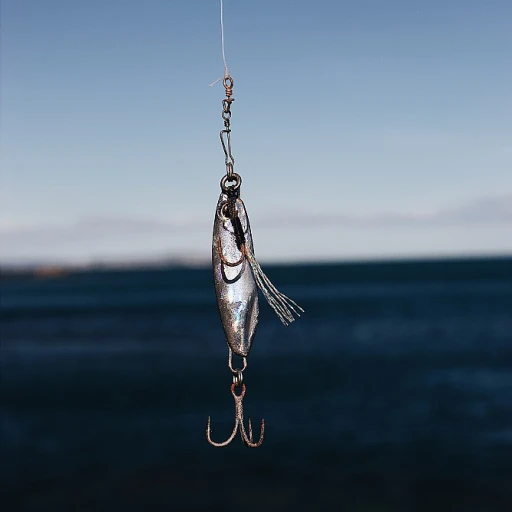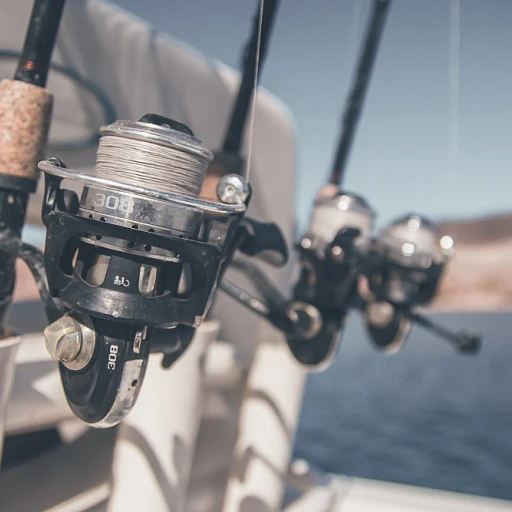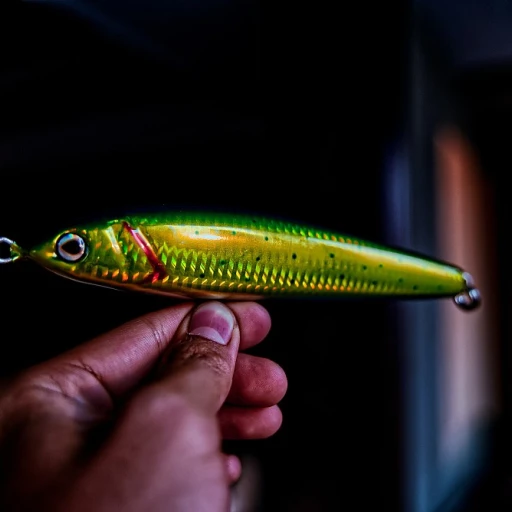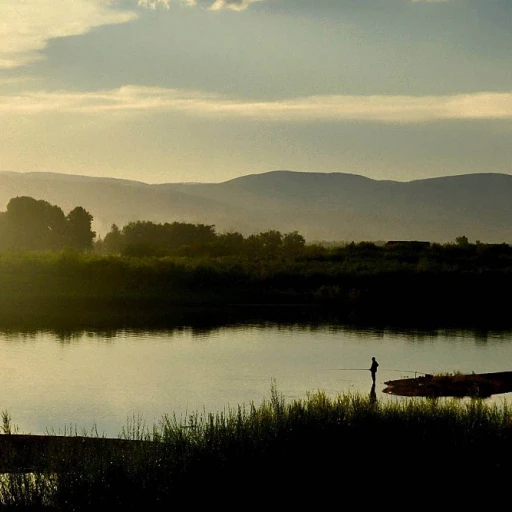
The Often Overlooked Key to Fishing Success: Tackle Box Organization
Here's a joke for you: What do fish and guests have in common? If they hang around too long, they start to smell! But do you know what doesn't have to stink? Your fishing success rate. And one of the often overlooked keys to it, is a well-organized tackle box.
Tackle boxes can range from simple, single-compartment containers to complex, multi-tiered systems. The type you need depends on the type of fish you’re after, but they all have one thing in common: They need to be organized.
Divide, Label, Conquer
Efficiency on the water is essential, and nothing ruins a fishing trip faster than a cluttered, disorganized tackle box. Dividing your gear into categories — bait, line, weights, etc. — and clearly labeling them will save you time in the long run. Remember: The only surprise you want when you open your tackle box is how quickly you find your gear!
Less is More
A diversified arsenal of lures might seem like a good idea, but in practice, it can lead to a cluttered tackle box. It’s better to stick with a few reliable options and leave the surplus at home. That way, your tackle box becomes less of a miscellaneous storage place and more of a tactical toolkit.
Humidity: A Silent Killer
Just like fish, tackle boxes don’t like being out of water for too long. Humidity can cause all sorts of issues, most notably rust on your gear. Packing a few silica gel packs in your box can help reduce humidity levels and prevent rust. As they say: Fishing is a peaceful hobby, so don’t let a rusty hook rattle you!
Rotation: Keep it Fresh
We all have our favorite lures, but it’s good to rotate them out regularly to ensure variety in your fishing strategy. Remember, the tricky old trout didn’t get to be that size by biting the same lure over and over.
A Stitch in Time
Last, but not least, take the time at the end of every trip to clean and reorganize your tackle box. It might seem like a chore, but as Benjamin Franklin aptly put it, “For every minute spent in organizing, an hour is earned.” And in the world of recreational fishing, that could mean the difference between a good day and a great day on the water.
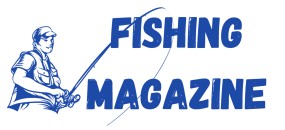
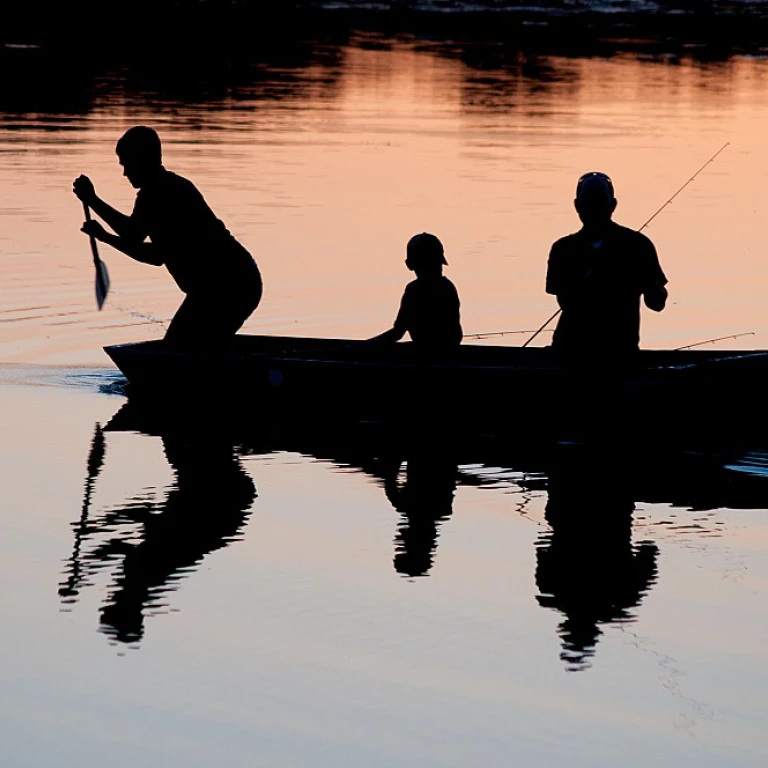
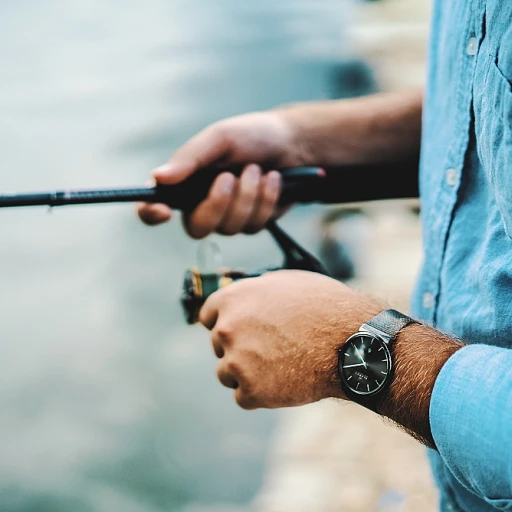
-large-teaser.webp)
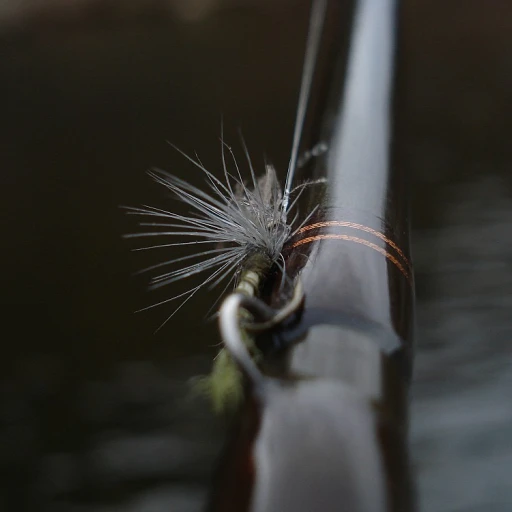
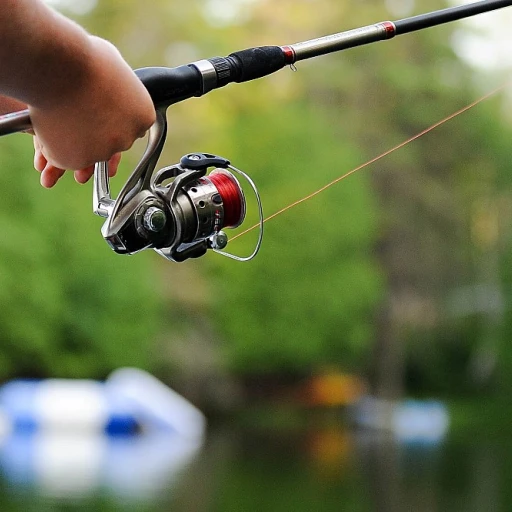
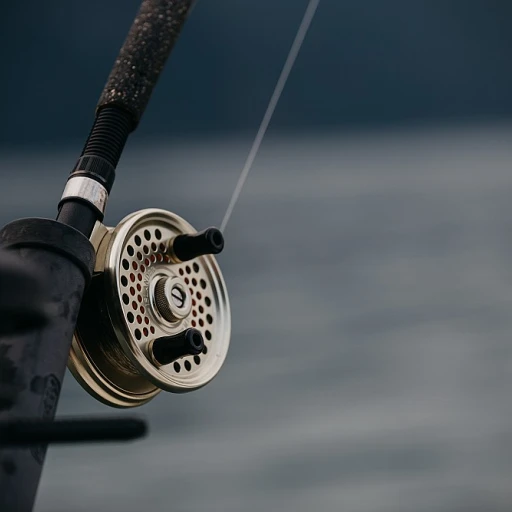
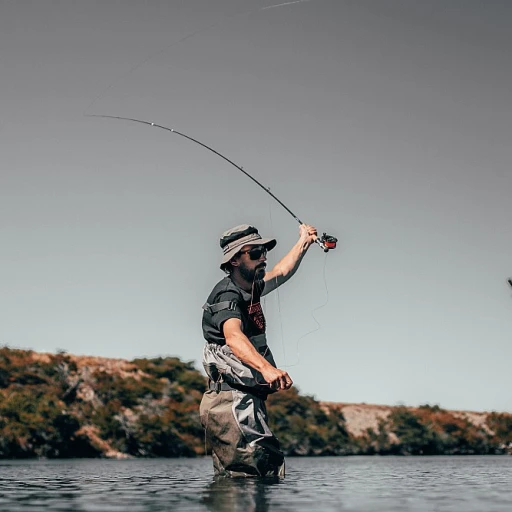
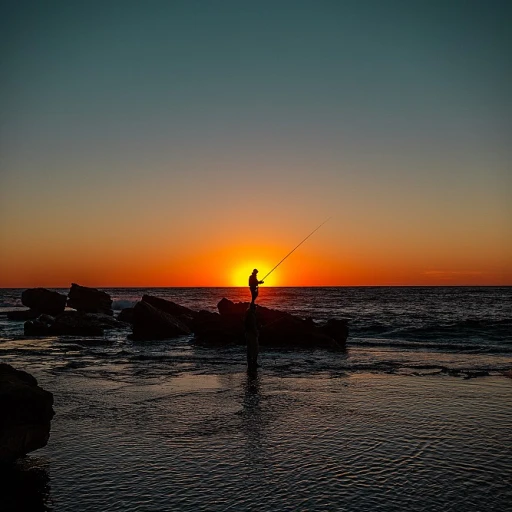
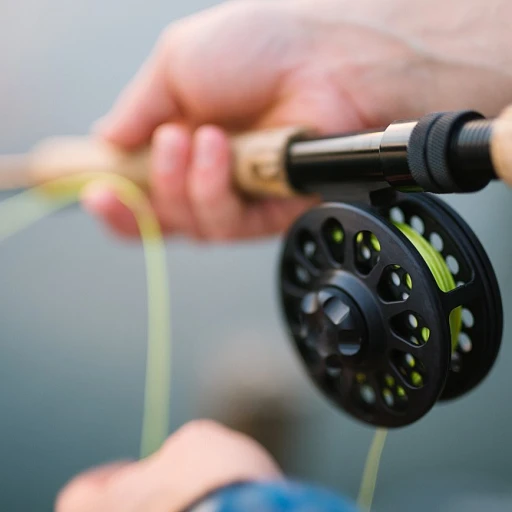
-large-teaser.webp)
